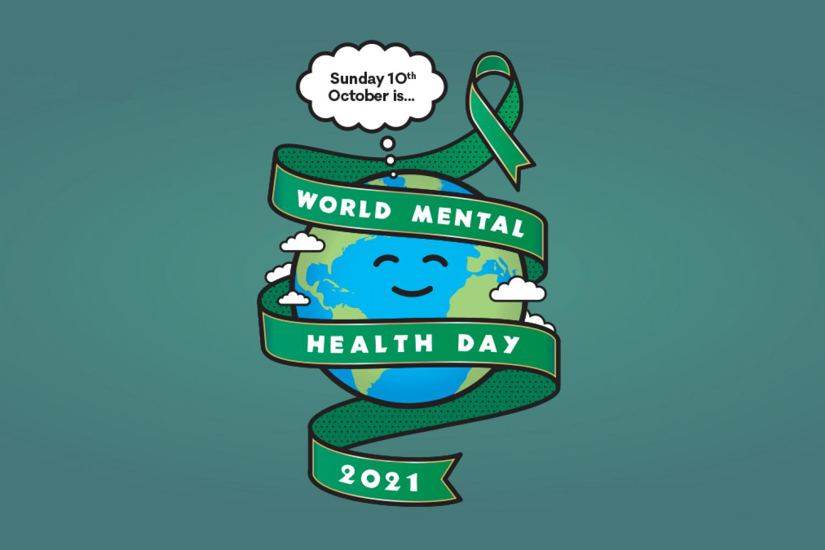"The theme of this year's World Mental Health day is Mental Health in an Unequal World. Designed to highlight the unequal access to mental health services across the world for different populations and communities, it is a cause dear to METRO's heart.
As an equality and diversity charity, we strive to support equal access to mental health services for the diverse range of communities and populations we work with.
At a population level many are struggling, both in the UK and around the world, with high rates of unemployment and strectched health services finding it difficult to provide mental health care effectively, as the population experiences higher rates of depression, stress, anxiety, and isolation, as well as the effects of grief and loss.
Last year, we saw service users, staff and volunteers from Black, Asian and minority ethnic communities struck by high COVID-19 rates, partly due to structural inequalities and the experiences of racism on social and economic patterns. Of the people we support, many were living in overcrowded housing and more likely to be doing jobs in the health and social care sector, as well as frontline services such as retail and transport, with high rates of COVID-19 acquisition and infection. This meant that many people from Black, Asian and minority ethnic communities were experiencing the pressure of physical ill-health and the mental ill-health and the stress that can come with that.
For folks who regularly access our mental health drop-in, we switched to offering telephone support when lockdowns meant that it wasn't possible to provide groups for people to connect with others safely, which was a support.
In terms of people from LGBTQ+ communities that we work with, our Young People's Counselling services showed the tremendous strain that children and young people under 25 were experiencing. Many people we support were unable to go to school or college and stuck at home with often strained or unsupportive living conditions in their family environments. We found that our waiting lists doubled for our counselling services. Many reported that the home environment was suffocating for them, with little access to external support (from teachers or friends) that would have usually made being from an LGBTQ+ background easier. Our counsellors were able to support many people to understand and accept their identity, and those living in hostile family environments.
For the disabled people that we support, the COVID-19 lockdown brought challenges in terms of mobility and access to the range of social and work opportunities that would usually provide a sense of social connection and cohesion. Some of the disabled people we've supported have also been shielding at times, bringing further problems around isolation and loss.
In terms of the people we support who are living with HIV, it has also been a time of worrying about vulnerability to COVID-19 infection and struggling with job loss, social anxiety, and lack of support. Many people living with HIV have felt isolated and unable to disclose their HIV status within families, and therefore more isolated than ever before. For the families living with HIV that we support, a call from a Family Support Worker has been a lifeline each week. People have struggled with balancing work and having children at home, getting advice on benefits, and dealing with ill-health, and all the usual struggles that the pandemic has only made worse.
Looking ahead, we hope that 2022 is a year of mental health support for those that need it most. We will continue to work with those left behind or finding it difficult to access mainstream services, tackling the barriers and providing good links to healthcare solutions for clients in their time of greatest need."
Joel Robinson, Head of HIV, Mental Health and Wellbeing.
